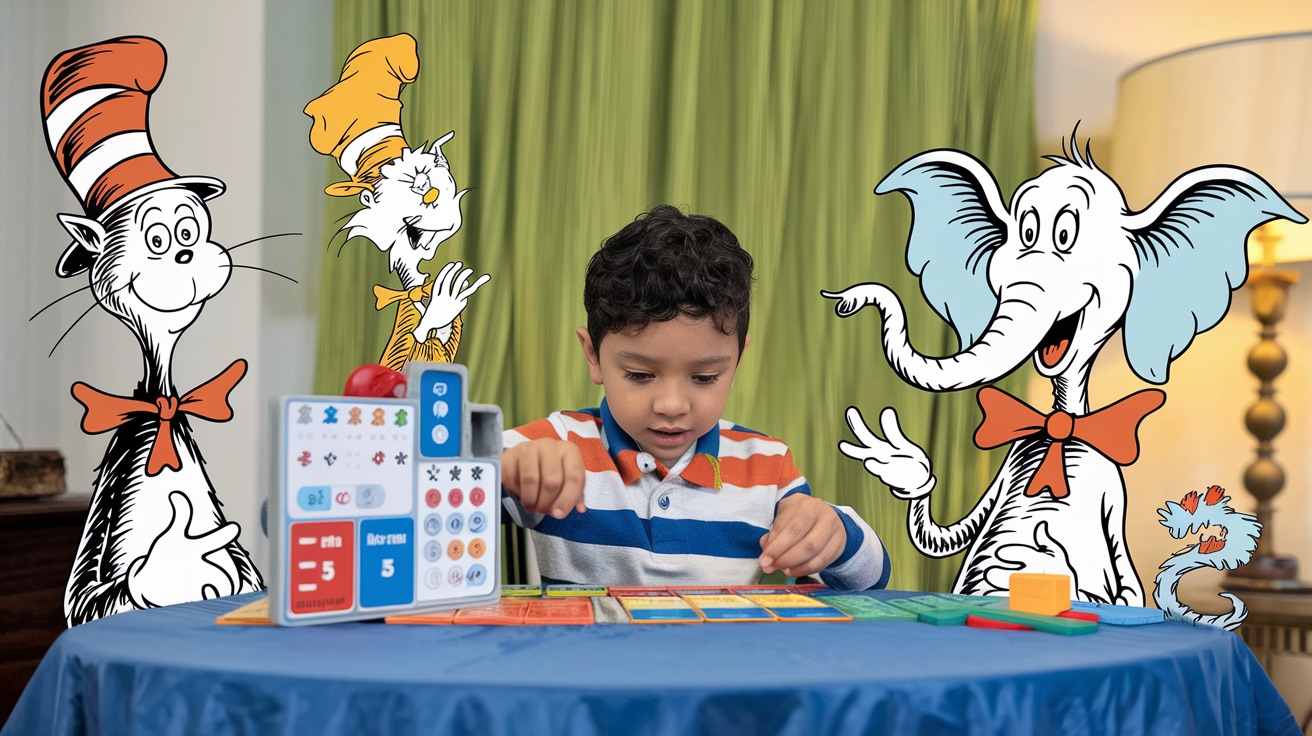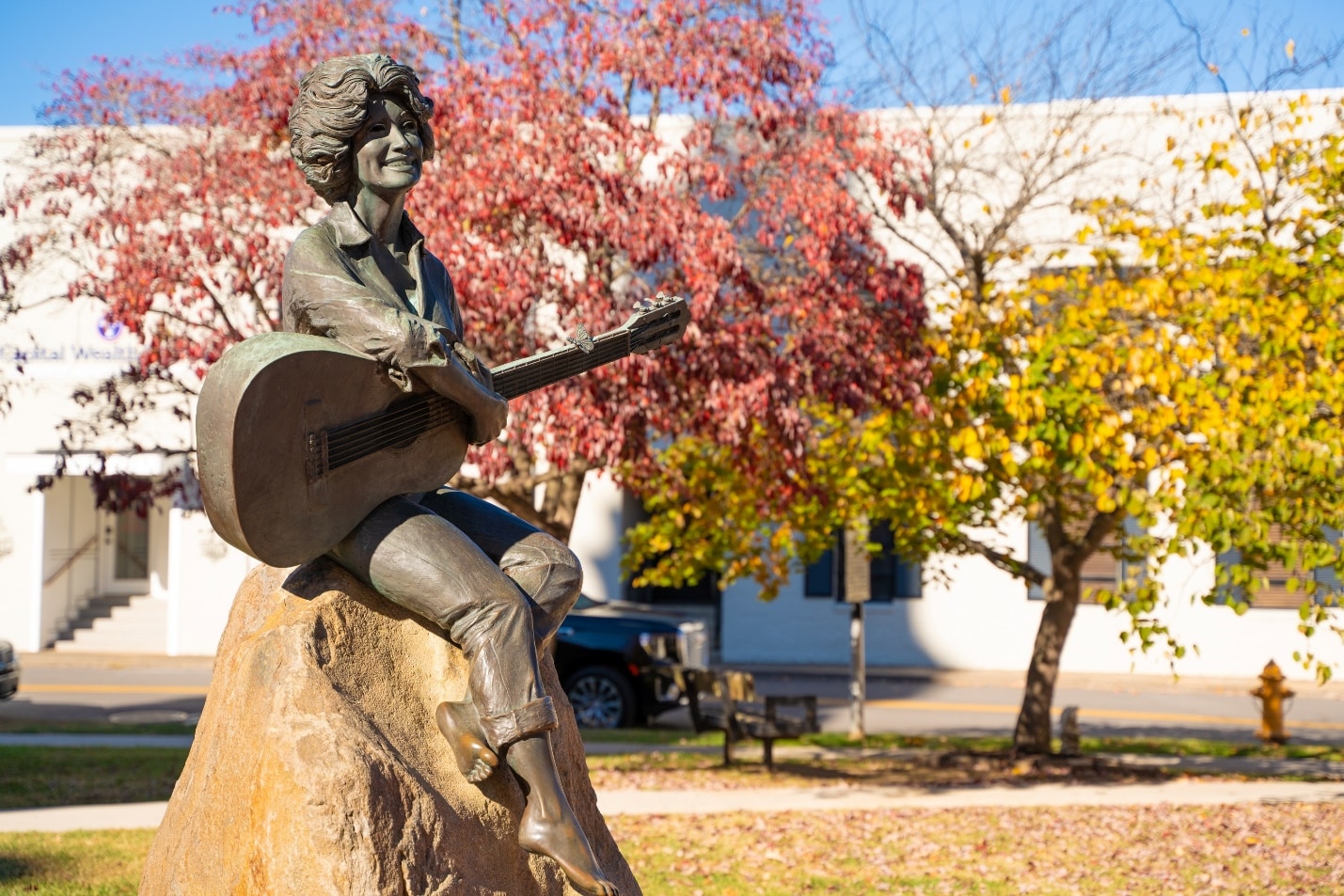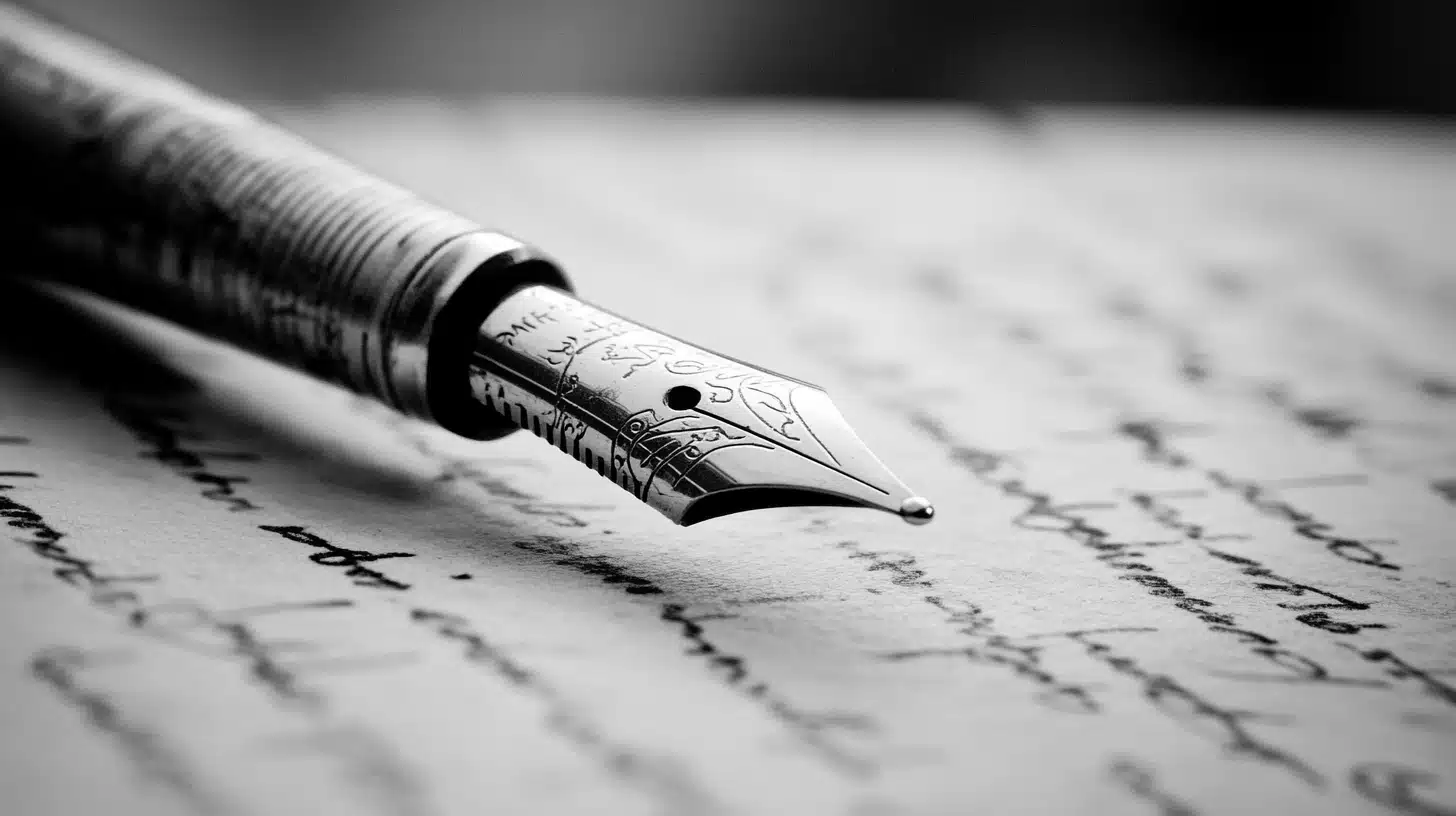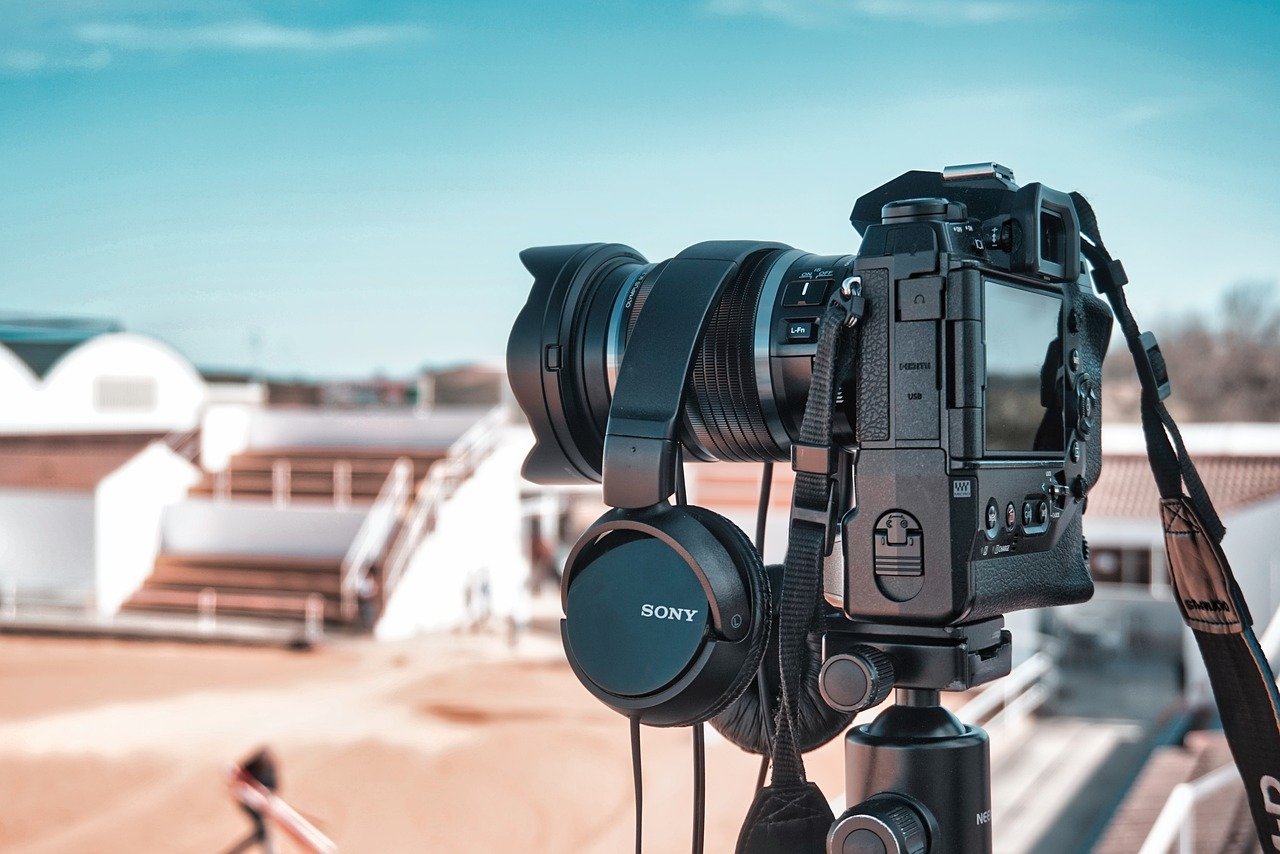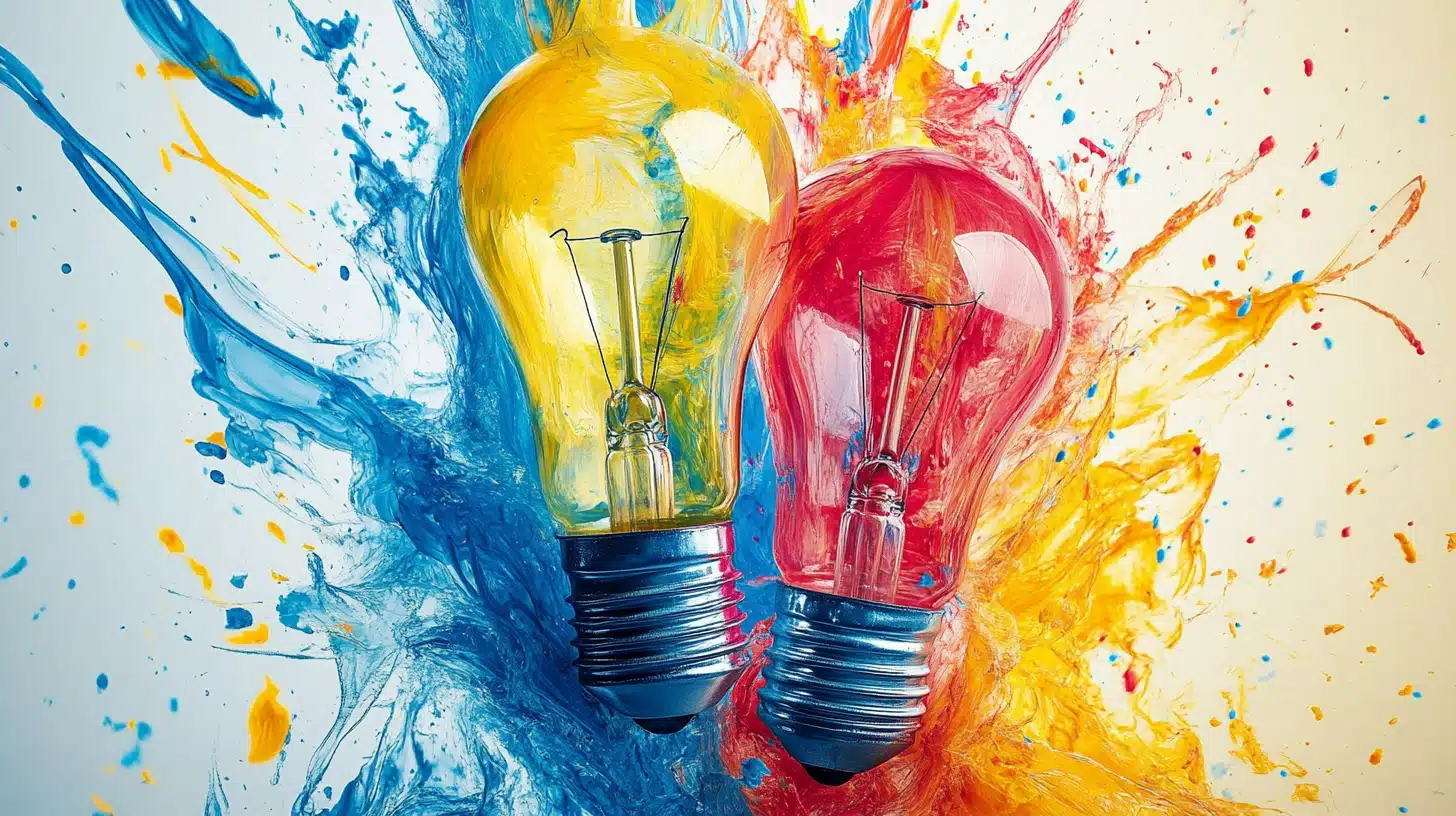
For many years, IQ—a measure of human intellectual capacity—has been an intriguing predictor. Originally developed in the early 1900s, IQ tests assess cognitive skills. Alfred Binet invented the first practical intelligence assessment to help identify children needing special education, hence starting the IQ test history.
Usually used to measure intellectual aptitudes, IQ assessments currently derive from standardized tests. Usually, an IQ of 100 is considered normal; genius IQ levels are those above 140. Though they are not absolute indicators of one’s total capability, IQ tests provide a logical manner to assess mental sharpness.
The Highest Reportedly Found IQs Ever
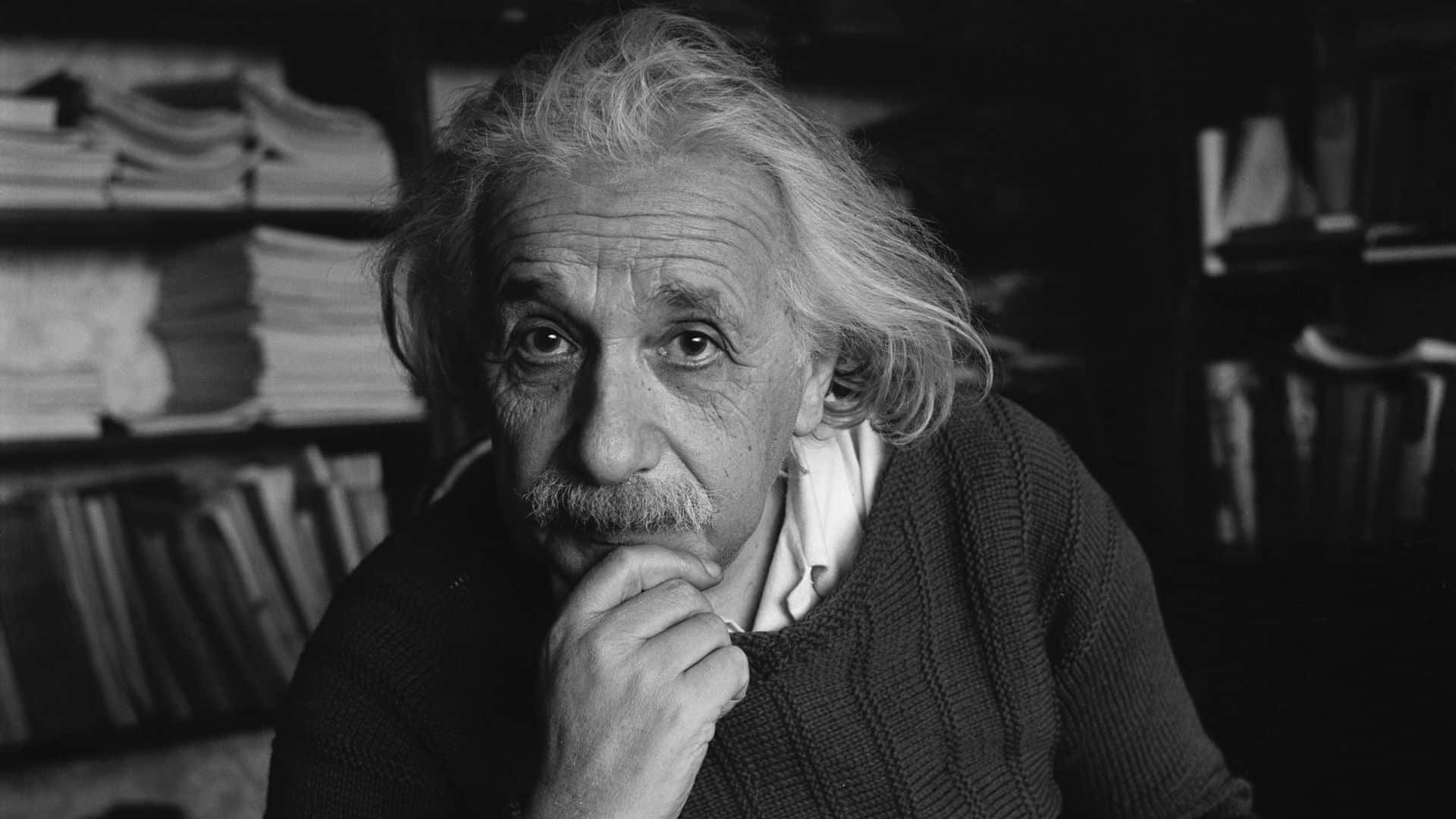
Those persons whose intellectual capacity and sharpness astound the world have been known throughout history. Their amazing accomplishments and contributions to society draw attention to the need for great IQ levels. These are a few people usually connected with the highest IQs ever recorded:
- The woman Marilyn Vos Savant is among the most intelligent persons living today with an IQ of 228. She became somewhat well-known when she appeared in the Guinness Book of World Records. Her books and essays have inspired generations of individuals to delve into difficult problem-solving and critical thought.
- With an IQ of 225 and barely 14 years old, Christopher Hirata began working for NASA and supported space exploration projects. Later on, he worked on creative cosmology and physics.
- Known as “The Mozart of Math,” Terence Tao’s IQ falls to about 225. He showed remarkable mathematical talent in his early life; today, he is a well-known UCLA professor. Among various fields, he works in algebra and number theory.
Other names sometimes included in discussions of the top 10 highest IQ ever recorded are Kim Ung-Yong (IQ 210), who began university-level studies at age 4, and William James Sidis, a child prodigy with an estimated IQ between 250 and 300.
These persons show incredible cognitive ability, but their successes also emphasize the need for energy, diligence, and chances to realize their own potential.
Notes and Arguments Сoncerning the Highest IQ
Certainly fascinating, the idea of having the highest possible IQ in the world is not without debate. Critics raise doubts about the impartiality and trustworthiness of IQ tests. One main reason for controversy in many tests is their natural cultural bias. Language and cultural background can have a big impact on test results, hence it is challenging to determine with sure “who has the highest IQ?”
The accuracy of IQ records remains a very divisive issue. Some claim that extremely high IQ tests contradict their accuracy since they rely more on extrapolations than on actual data.
Moreover, the fixation on academic performance usually ignores the multifaceted and cooperative character of human success which contains lots of intellectual features not gauged by IQ tests, including artistic pursuits or interpersonal skills. Thus, the small range of IQ testing is another complaint. As they assess some cognitive skills, they overlook creativity, emotional intelligence, and pragmatic problem-solving.
Finally, the concept of IQ and the fixation with the highest IQ numbers still generate curiosity and debate. Leaders such as Terence Tao, Christopher Hirata, and Marilyn Vos Savant provide a window into the great capacity of human intelligence. However, the limitations and criticism against IQ testing serve as a reminder to approach these findings carefully and holistically.
Ultimately, IQ tests are only one piece of the puzzle even if they reveal specific cognitive strengths. Knowing intelligence in many forms guarantees a more inclusive and nuanced respect for human potential.







































































